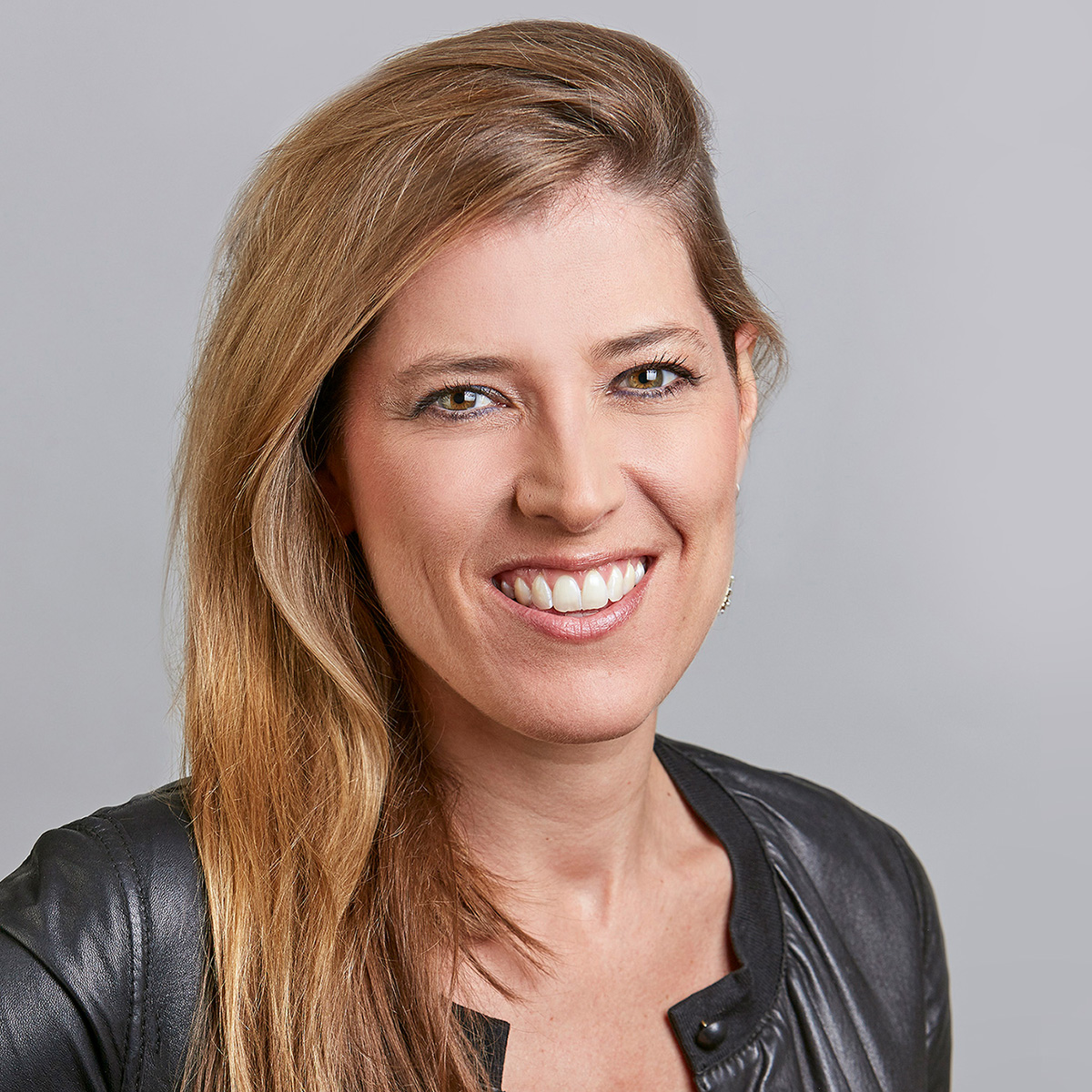Lead of Geopolitical Investing Practice at PwC; Senior Fellow of Columbia Business School and Senior Fellow of Global Business and Economics at the Atlantic Council
Dr. Alexis Crow
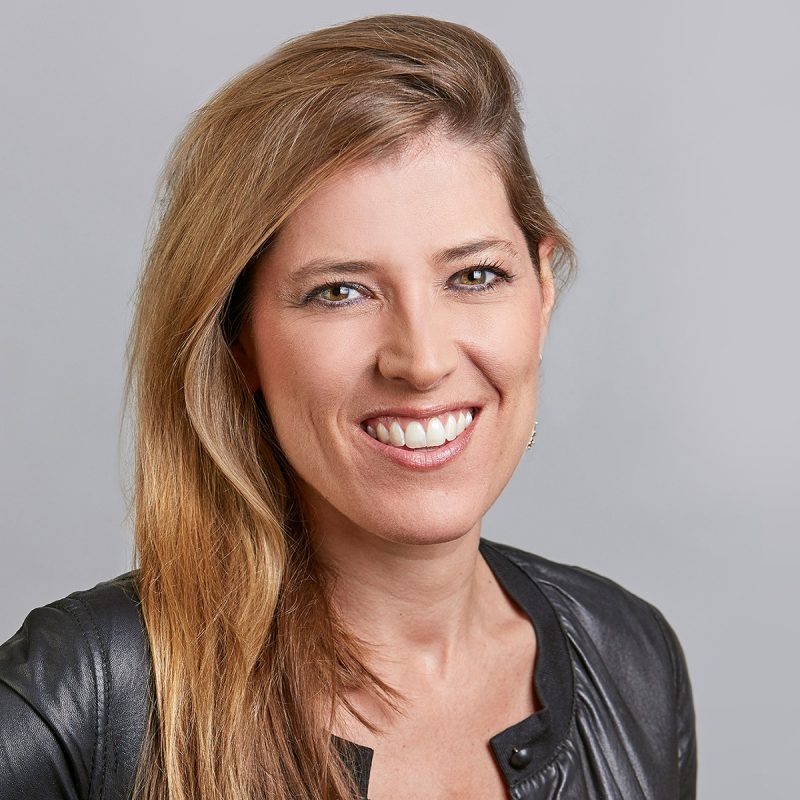
Dr. Alexis Crow is an accomplished academic and business professional who helps leading corporations and asset managers capitalize on dislocations for increased profit and expansion. Her profession has taken her all over the world and has introduced her to a plethora of cultures and ideas. In a candid interview, she shares influential figures that inspire her and the importance of spirituality in her life, as well as trends in investment strategies across the world and the way women are changing the global economy. The views expressed here are purely her own.
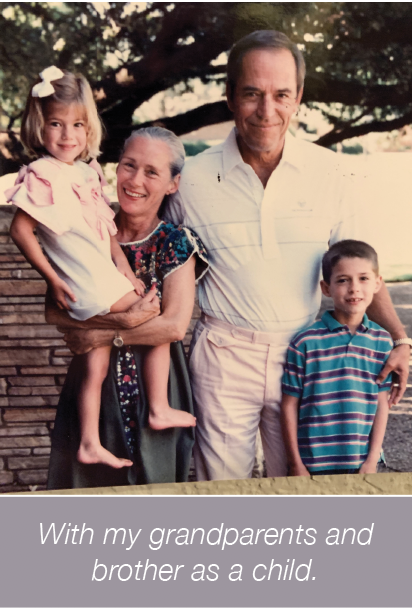 NAWRB: What influenced your interest to work in economics, finance and geopolitics?
NAWRB: What influenced your interest to work in economics, finance and geopolitics?
Dr. Crow: In the last nine years, I really identified the connections between economics and geopolitics in so far as I sincerely believe that one of the key factors to bring peace in the world is the dignity of work. That first came about spending some time in the Middle East. However, it doesn’t take too long in the United States to see when people have been left behind in being afforded the dignity of work, they can soon drop into addiction of many kinds. That takes me back to my passion in economics, business and job creation, and being able to identify patterns of sustainable job creation and sustainable wage growth as a whole, which then comes back to geopolitics.
I was very activated by the age of 12, particularly by the Israeli-Palestinian issue. I’ve always been drawn to the Middle East but in particular that issue. When I began traveling to the Middle East, I started to identify this connection between job creation, innovation, and the ability to bring peace and harmony to the region. Given my ardent passion for what I do, I have worked six days a week since I was 16.
NAWRB: What are some current trends in global investment strategies?
Dr. Crow:
1. The first one is the shift of power – and by that I mean economic growth – and internal rate of return from public markets to private investing. We have witnessed an enormous shift in the growth of family offices, institutional investors and sovereign wealth funds, the increase in private equity, the burgeoning allocation to and desirability for real estate and infrastructure assets, and the competition for assets, with LPs becoming GPs.
2. The second, nestled within that, is the explosion of infrastructure as a whole. Typically, you have two types of infrastructure assets: (1) one that generates yields for predictable investments, which in terms of return profile, behaves somewhat predictably like a bond, and (2) investments that generate serious rate of return on more of a private equity model, or a J curve, which is typically associated with greenfield development projects.
This is happening anywhere up and down the infrastructure spectrum, be it airports, trains, toll roads, upstream and downstream renewable energy, electricity generation, waste management, water management, hospitals.
3. The third would be logistics, and obviously this is well trodden ground by now. Given the explosion of e-commerce across global markets, patient investors flock to markets where there is fragmentation and scope for resolution – for example, China.
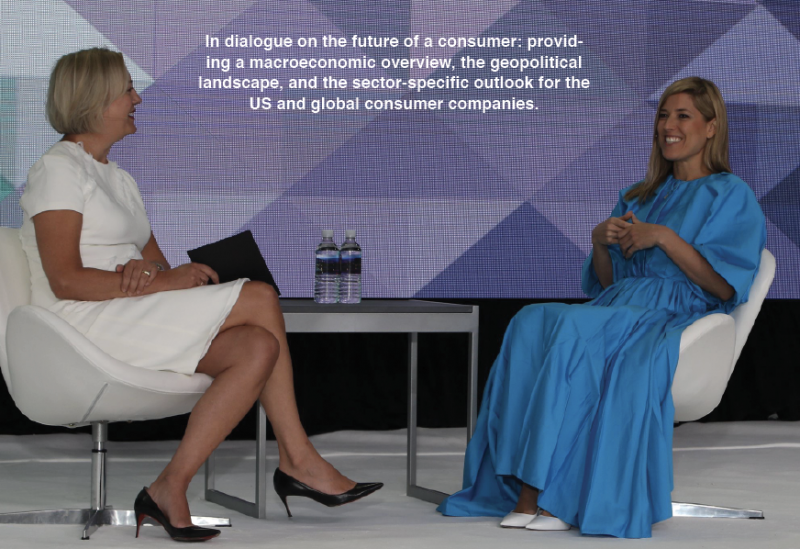 In a place like the U.S., we only have 10 percent of retail sales as e-commerce. There are obviously huge amounts of growth potential. However, I would say we are seeing some bottlenecks being resolved in recent months, so it is probably a crowded trade at the moment.
In a place like the U.S., we only have 10 percent of retail sales as e-commerce. There are obviously huge amounts of growth potential. However, I would say we are seeing some bottlenecks being resolved in recent months, so it is probably a crowded trade at the moment.
Looking beyond the US and China, Brazil also presents another attractive market – consumer spending has held steady throughout the worst recession in the country’s history, and the market remains heavily fragmented. VC nestled within logistics – particularly companies that demonstrate efficiencies across the spectrum – also presents hot opportunities.
4. The fourth would be anything to do with ESG (environmental, social and governance): environment, climate investing, sustainability, social governance, and the governance component specifically for women.
NAWRB: The internet and social media have given people access to global information at their fingertips. Has this changed the way information is collected, analyzed and disseminated in your line of work?
Dr. Crow: Yes, it has absolutely, and it has its upsides and its downsides. The positive is that it’s very powerful and easy for researchers to instantly gain access to volumes of research, the collection of which would have been very cumbersome and has been so in my lifetime. So, it acts as an augmentation of productivity when you’re able to gain access to journal articles in a very short amount of time. Another positive is that it can be shared very quickly across teams if they are collaborating, and it can be shared with colleagues in different parts of the world.
The downside is that it puts an emphasis on instantaneousness, ‘right here, right now,’ forces responses to things that might not be underpinned by data and/or careful consideration. So, in the world of experts, some people may or may not be putting things forward that are not underpinned by data and it becomes an opinion—some might say it’s “fake news”—and that becomes problematic. So the abundance of readily available information has its upsides and its downsides.
NAWRB: How are women impacting the global economy today? Is there a noticeable shift happening now compared to previous years?
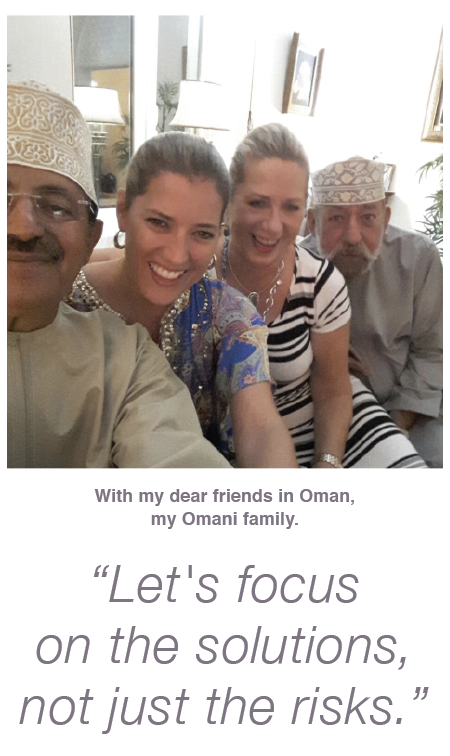 Dr. Crow: Having women in a senior management team of a company and investment firms positively impacts performance, so that’s been a significant shift, especially in the ability to collect data. In a recent publication that I authored, we looked at data from China, across the Eurozone, the U.K. and the U.S. S&P 1500. The evidence is very clear that adding women to a management team significantly increases the underlying value of a firm, sales per employee and productivity per worker. That’s something significant that’s changed.
Dr. Crow: Having women in a senior management team of a company and investment firms positively impacts performance, so that’s been a significant shift, especially in the ability to collect data. In a recent publication that I authored, we looked at data from China, across the Eurozone, the U.K. and the U.S. S&P 1500. The evidence is very clear that adding women to a management team significantly increases the underlying value of a firm, sales per employee and productivity per worker. That’s something significant that’s changed.
There is a key change we are amidst in the moment where people are waking up to fantastic movements such as this one, some that we have seen in Montreal, about gaining awareness about this and provoking publication about it. That would be at the corporate and financial level. As we meet with economists around the world, people are looking at the economic empowerment of women and really tying them in as an untapped resource. These two shift changes—one is on the corporate and financial side, and the other on the government side—are really looking at how we can include women in the formal economy.
NAWRB: While at the Chatham House in London, you led a project on managing risk across cultural boundaries. What are some methods you found to facilitate communication between governments, business executives and thought leaders from different countries?
Dr. Crow: The first would be to identify the issue at hand. For example, that might be managing risk at the South China sea, engaging with Russia on the global stage or engaging with different countries on managing issues across the Middle East. The first thing to do is say “What is the issue that we want to solve?” This involves purity, stripping away the niceties or the non-essential, and honest confrontation. The second thing would be to bring the right people to the table. Third, is to listen.
Once we have done all of these aspects, one thing I’ve always done in a room like that is to draw people back to the original issue that we would like to be able to solve and how might we do that. It’s something I have carried through with me throughout my career. It pays a lot to sit back and listen, and then lead back to it because personal agendas get in the way, people might not be biochemically the same one day as they are the next, so I think that’s an essential premise and it’s yielded fruit over the years.
NAWRB: Do you face any pressure or scrutiny when reporting on public platforms such as TV networks and publications? Does it affect the way you present information?
Dr. Crow: I always come prepared, and that was a great piece of advice given to me when I started my career in the business world. No matter what, I always try to come prepared. There are new changes at the last minute, so be nimble and prepared to respond and have the core things that are important to the program and the viewers. That helps a lot to maintain my center.
I always like to point out an opportunity and what the opportunities are for individuals, companies and governments around the world, and not end in a dark, dark place. That is to say, not to be ‘Pollyanna’ but to be realistic; in assumption, pragmatic but also opportunistic. Let’s focus on the solutions, not just the risks.
If someone wants to take something in a different direction, I’m always fairly careful to stay centered and I think that’s fruitful.
NAWRB: You are a frequent speaker at conferences in Europe, Asia, the United States, and the Middle East. Do you face any obstacles or biases as a woman? Do these depend on the region?
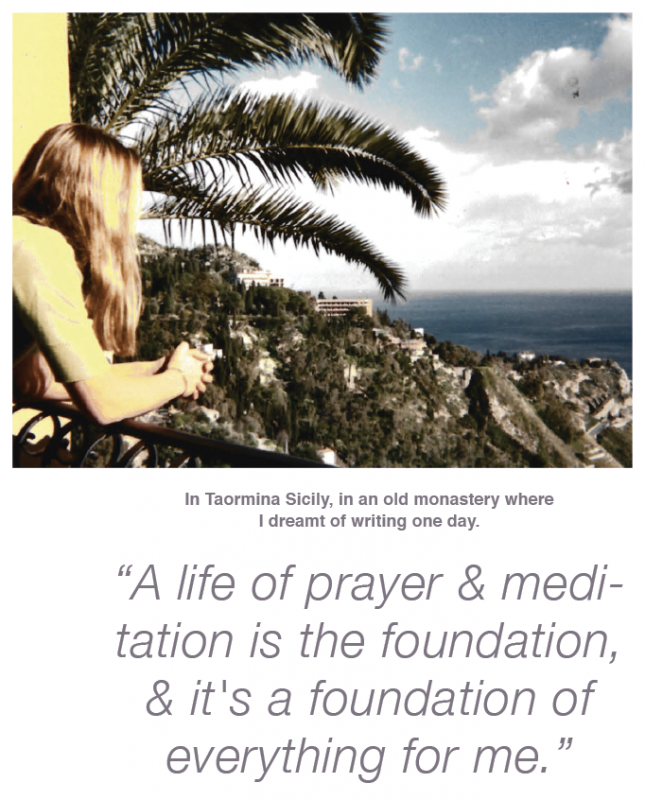 Dr. Crow: Many people have biases about how women are treated in the Middle East and are shocked to hear when I speak about my experiences doing business there that I’m treated better than a princess. Asia is obviously a vast region and I feel very at home in China, Hong Kong, Singapore, Vietnam, where a lot of these countries are very forward-thinking in regard to women.
Dr. Crow: Many people have biases about how women are treated in the Middle East and are shocked to hear when I speak about my experiences doing business there that I’m treated better than a princess. Asia is obviously a vast region and I feel very at home in China, Hong Kong, Singapore, Vietnam, where a lot of these countries are very forward-thinking in regard to women.
PwC has more female partners in Vietnam and Malaysia than they have male partners. So I feel very at home there. In Europe, where I have spent most of my life, I feel very at ease. The hardest challenge has been the United States, and it may be getting better, but it’s definitely the hardest challenge I’ve faced, for sure.
NAWRB: What are some practices or habits you have to help you maintain a work-life balance?
Dr. Crow: A life of prayer and meditation is the foundation, and it’s a foundation for everything for me. Many meditators will say when you live a life of meditation, everything becomes a meditation. You become much more focused so that practice allows me to be more attentive and focused in my professional life, as well as to treat other things as a meditation and to be fully present.
When I’m in a meeting, when I’m having dinner with someone, when I’m on a run, when I’m listening to music, or when I’m cooking—the ability to be in the present is something that helps me a lot.
I definitely prioritize exercise daily and nutrition wherever I am on the planet. The ability to get the right hours of sleep and manage the hours of the day so that I have my hours for work and the hours to wind down and get a good night of sleep, which then empowers the next day. I take Sundays off as part of my practice.
NAWRB: What is something you would add to your bucket list?
Dr. Crow: Places: Morocco, Seychelles, Bora Bora, Martinique, and the Maldives. Also, author a book – hopefully several.
NAWRB: Your work has taken you across the globe. What are some of your favorite cities and cuisines?
Dr. Crow: New York is home, and that encompasses, you know, the world. I love coming home more and more. Every city I go to, I always try to find several things: Italian, vegan, Middle Eastern, and a Japanese with vegetarian options. So, those are the kind restaurants that I always look for and I do my research to find them. Those are definitely my ideal cuisines. London is still my second home, having so much of my life there and with so many loved ones. I know the pavement like the back of my hand, and it is still just a wonderful place to be. London is also home to rich relationships for fostering business and creativity, and I’m passionate about the art scene there. Also for business, I love Hong Kong, San Francisco, Tokyo and Paris, which I still believe is the intellectual capital of Europe.
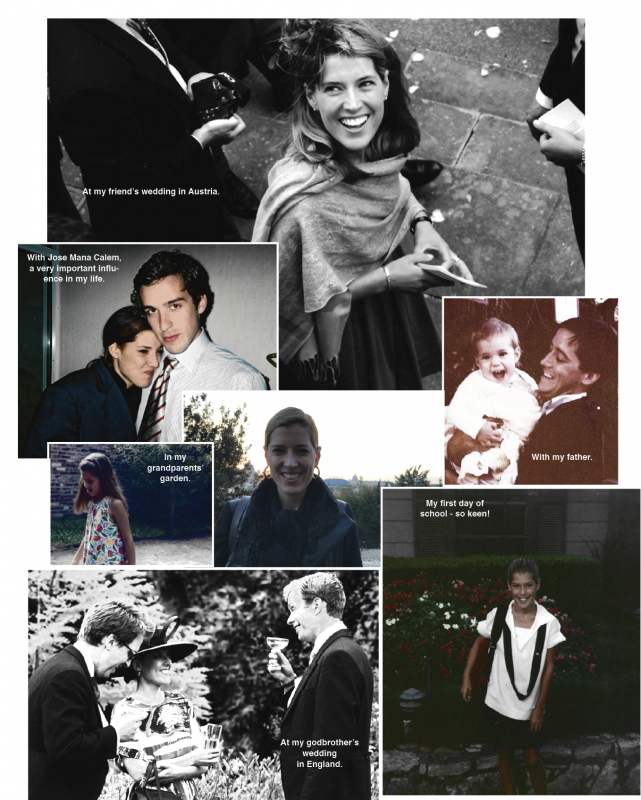 For Holiday, Rome beats it every time. It’s a craving I have that cannot be satisfied by anything else. I usually go for Thanksgiving or Fourth of July. I also love Rio and Montreal. I love art in Madrid; I could spend days in two or three of the museums there. I have a good time in Beijing when I go there. Looking beyond cities, as a country, I love Oman.
For Holiday, Rome beats it every time. It’s a craving I have that cannot be satisfied by anything else. I usually go for Thanksgiving or Fourth of July. I also love Rio and Montreal. I love art in Madrid; I could spend days in two or three of the museums there. I have a good time in Beijing when I go there. Looking beyond cities, as a country, I love Oman.
NAWRB: What is something people would be surprised to know about you?
Dr. Crow: Something many people don’t know about me is that I considered a vocation to the religious life for many years. In fact, it was my love of the global economy that kept me out. The discernment period lasted for three-and-a-half years, and I formally I realized at the end of June 2015, that was not the direction my life was to take.
NAWRB: What has been your proudest achievement, both professionally and personally?
Dr. Crow: The most formative thing I have done professionally and personally would be twofold: obtaining my PhD. and developing an active spiritual and physical life.
NAWRB: Who is your greatest influence?
Dr. Crow: I have a very strong, long relationship with my spiritual director, and he has been a very positive influence on my life. I take inspiration from people like Mother Theresa, Mahatma Gandhi, Saint Teresa of Ávila, for their courage in the face of opposition, and also from women in our world like Angela Merkel and Christine Lagarde. And Elinor Ostrom, the late female Nobel laureate in economics.
On the creative side, I draw inspiration from people who are extraordinarily prolific like Picasso and Michelangelo. The prolific side of that is something really to admire. Also Yves Saint Laurent, for his dedication. As a woman who has longevity, I think of someone like Catherine Deneuve, who has had an extraordinary career her entire life. She continues to offer us gifts, and this is a real testament to her passion and talent.

 Login
Login

